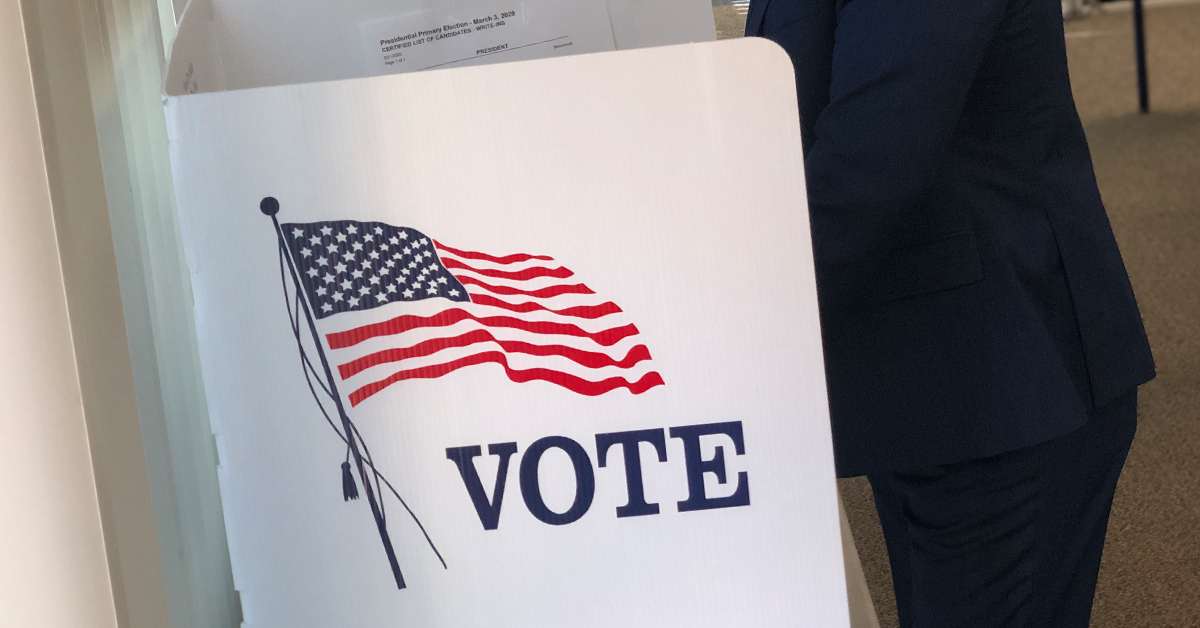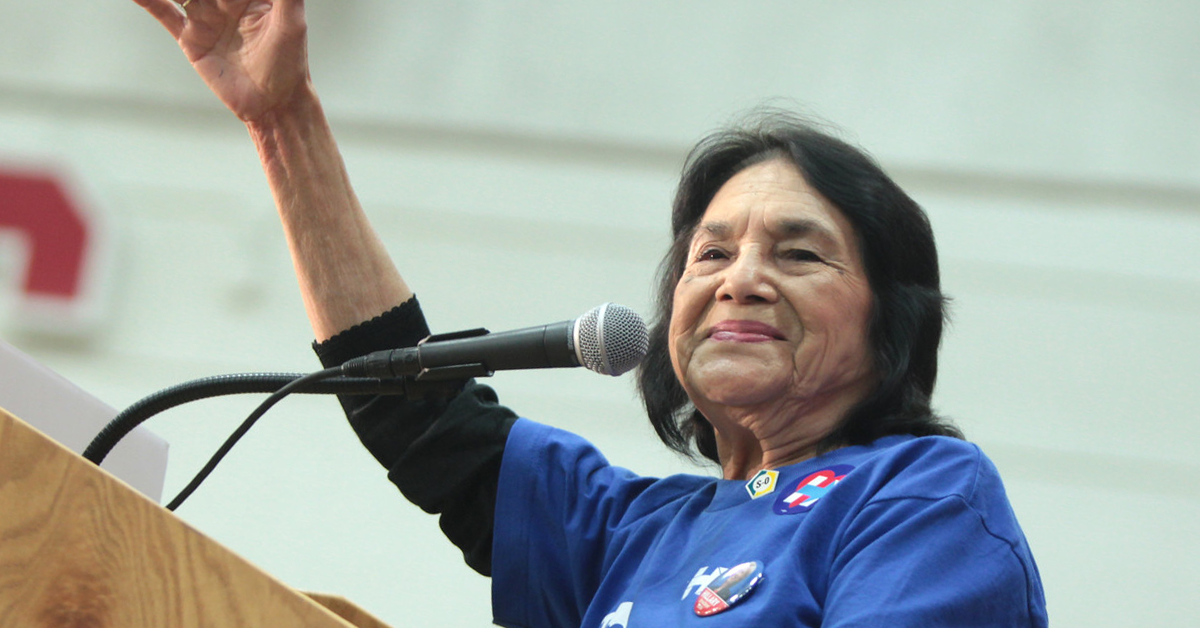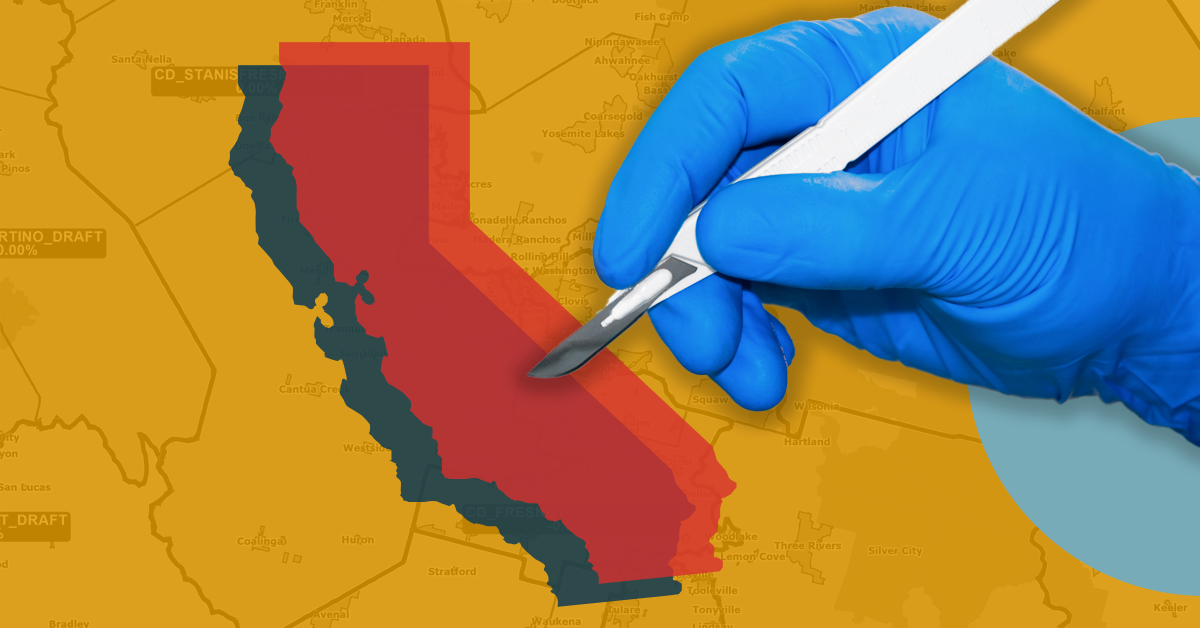To United Farm Workers co-founder Dolores Huerta, the vast San Joaquin Valley operates in an alternative reality that hews closer to the Jim Crow South than 21st Century Golden State.
That’s according to comments made during a presentation to the California Redistricting Commission on Friday.
Huerta, whose appearance at the Commission was part of an informational panel on organized labor in the Golden State, turned her presentation into a free-wheeling discussion of the state of the San Joaquin Valley, highlighted by her organization’s organizing efforts.
“When you think of the San Joaquin Valley, you have to compare it to the South,” Huerta said, referring to the Southern United States. “It’s kind of more like Selma – Montgomery, [Alabama] than we are, say, San Jose or San Francisco.”
Huerta, who co-founded the farmworker union with the late Cesar Chavez, currently operates her own nonprofit social justice organization, the Dolores Huerta Foundation.
The organized labor giant doubled down on the deep South comparison later in her remarks on Friday.
“When we think of the politics of this area, and the power structure, compare the San Joaquin Valley to the south of the United States of America, this is pretty much what we’re up against,” she said.
Huerta added that the region’s farmers, with whom she has clashed for decades, operate plantations.
“These are plantations,” Huerta said. “In some ways, we’re a little bit like the dark ages.”
During her remarks, Huerta noted that the Valley region – despite having a dense Latino population – had yet to elect a single Latino to Congress.
“The type of representation that we have had it is not – it does not represent the people that live here,” Huerta said. “We have, of course, farmworkers. We have the largest number of farmworkers in America that live in the San Joaquin Valley.”
“It’s rather interesting that over the years, in terms of Congressional representation that we have had from the San Joaquin Valley, the minority-majority are Latinos we have never had a Latino Congress person to represent the San Joaquin Valley.”
Based on data from the 2010 U.S. Census, the Valley has two Latino-majority Congressional districts: the 16th Congressional District, represented by Rep. Jim Costa (D–Fresno), and the 21st Congressional District, represented by Rep. David Valadao (R–Hanford).
Without mentioning them by name, Huerta knocked three current members of the Valley Congressional delegation as underscoring the region’s representation problem: Costa, Valadao, and Devin Nunes (R–Tulare).
Why? Because, despite their Portuguese descent, their names sound Hispanic.
“We have had some people with Latino last names, but they are of European descent and they do not represent the people of the San Joaquin Valley who are Mexican or come from Guatemala or come from El Salvador.”
During his first stint in Congress, Democratic operatives locally and in Washington regularly cast Valadao’s success as being owed to an “Hispanic-sounding last name.”
Valadao and his allies, however, point to successive campaigns against two well-known, well-funded Latino candidates in 2014 and 2016.
The latter, of course, was against Huerta’s own son, Emilio.
Beyond Congressional politics, Huerta decried a culture of voter suppression in the region, albeit confusing two different elements of voting mechanics.
“We do have voter suppression in our area. People have been purged from the voting rolls. So after every election, we have to do this big campaign to cure the ballots,” Huerta said. “We have to send people out there to find people because their ballots have been discarded and have been thrown out.”
Voter roll purging occurs when local election officials review and remove voters who have re-registered to vote in other jurisdictions or have died.
Ballot curing is a mechanism whereby voters whose absentee ballot was unsigned or had a signature that did not match what is on file with the Department of Motor Vehicle.
Huerta also pilloried the Kern County Board of Supervisors for denying a $1 million coronavirus outreach contract last year.
“Recently, because of the money that came from the state, our organization – the Dolores Huerta Foundation – we have alliances with many other nonprofit organizations. We were working with the local public health officer here to do outreach on COVID,” Huerta said. “The money was coming from the state. We were denied the contract because one of the young women that belongs to one of the organizations had made a public statement about defunding the police.”
Huerta was referring to comments made by Fresno Building Healthy Communities chief Sandra Celedon, who tweeted in support of rioters in Minneapolis after the death of George Floyd last year, as first reported by The Sun.
Posting a picture of a Minneapolis Police Department precinct lit ablaze, Celedon commented: “Burn it down.”
Beyond Kern County denying its contract for coronavirus outreach, Fresno County Supervisors demoted the organization for its own contract, opting to tender a $2 million contact tracing contract with the Fresno Economic Opportunities Commission.









